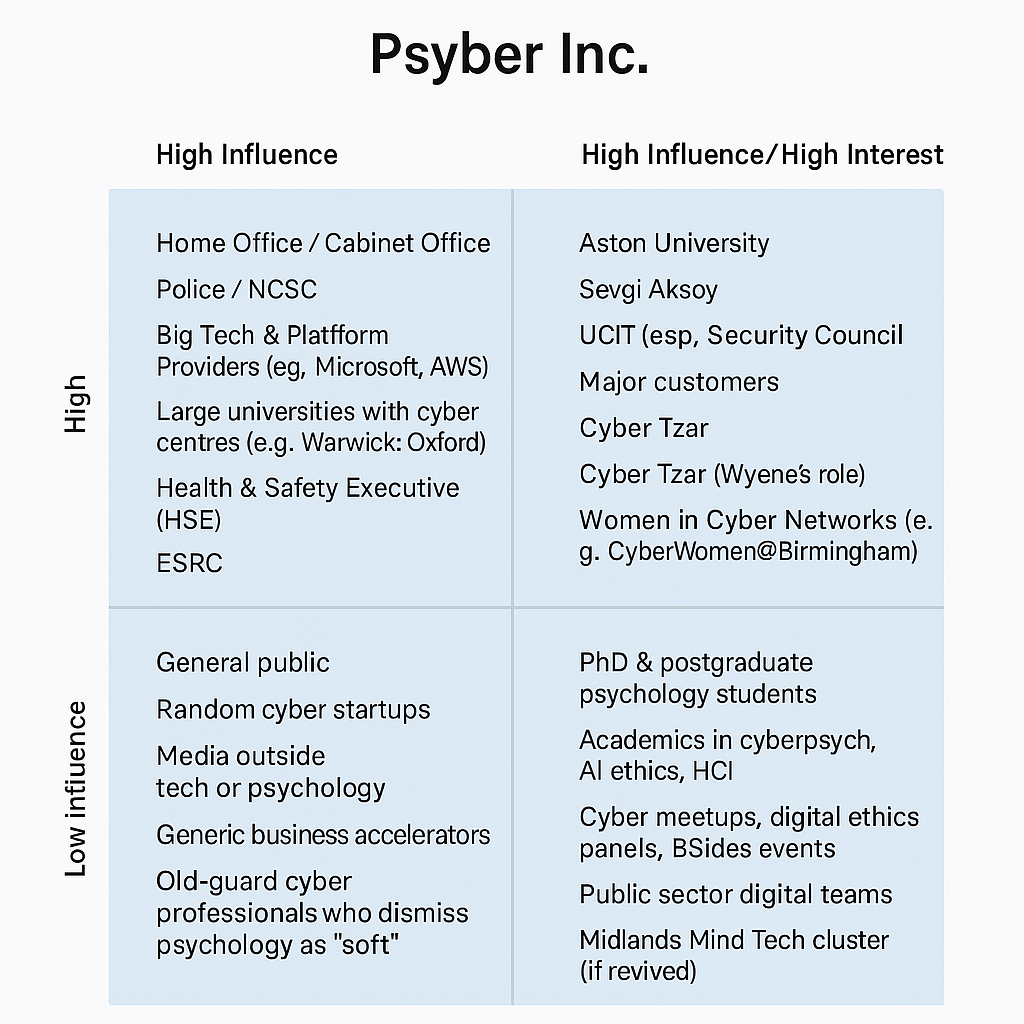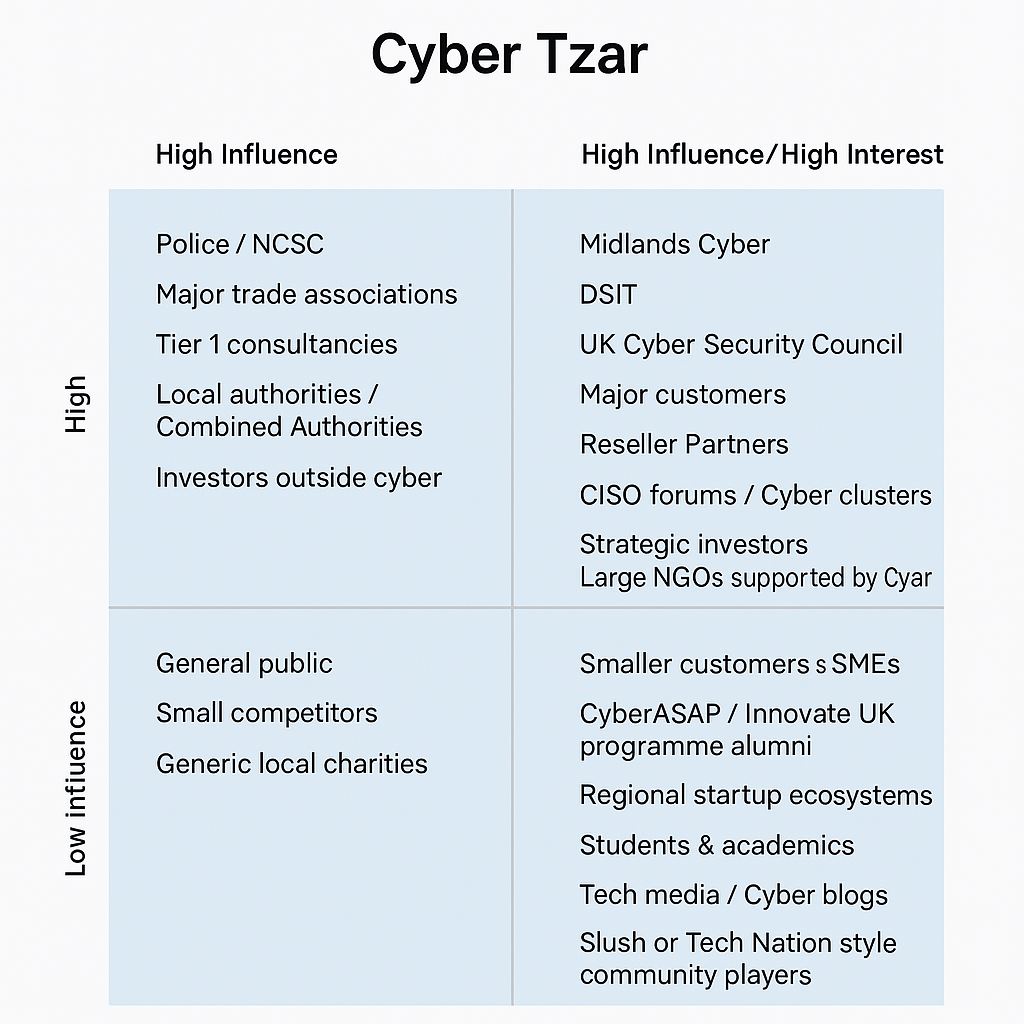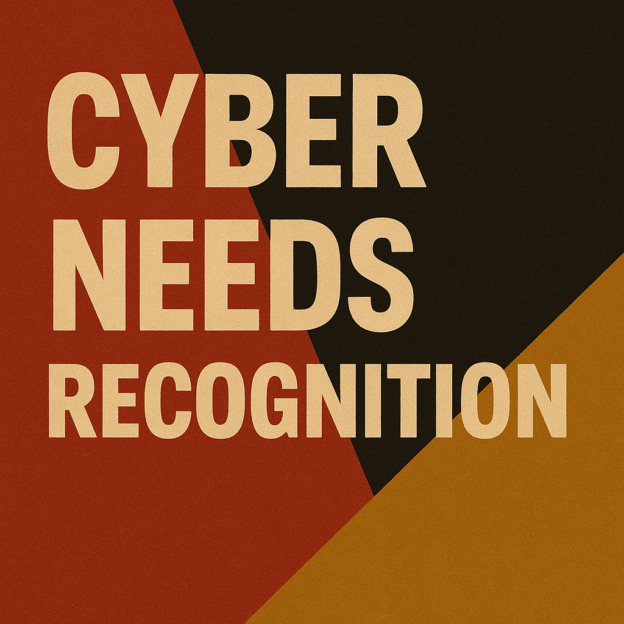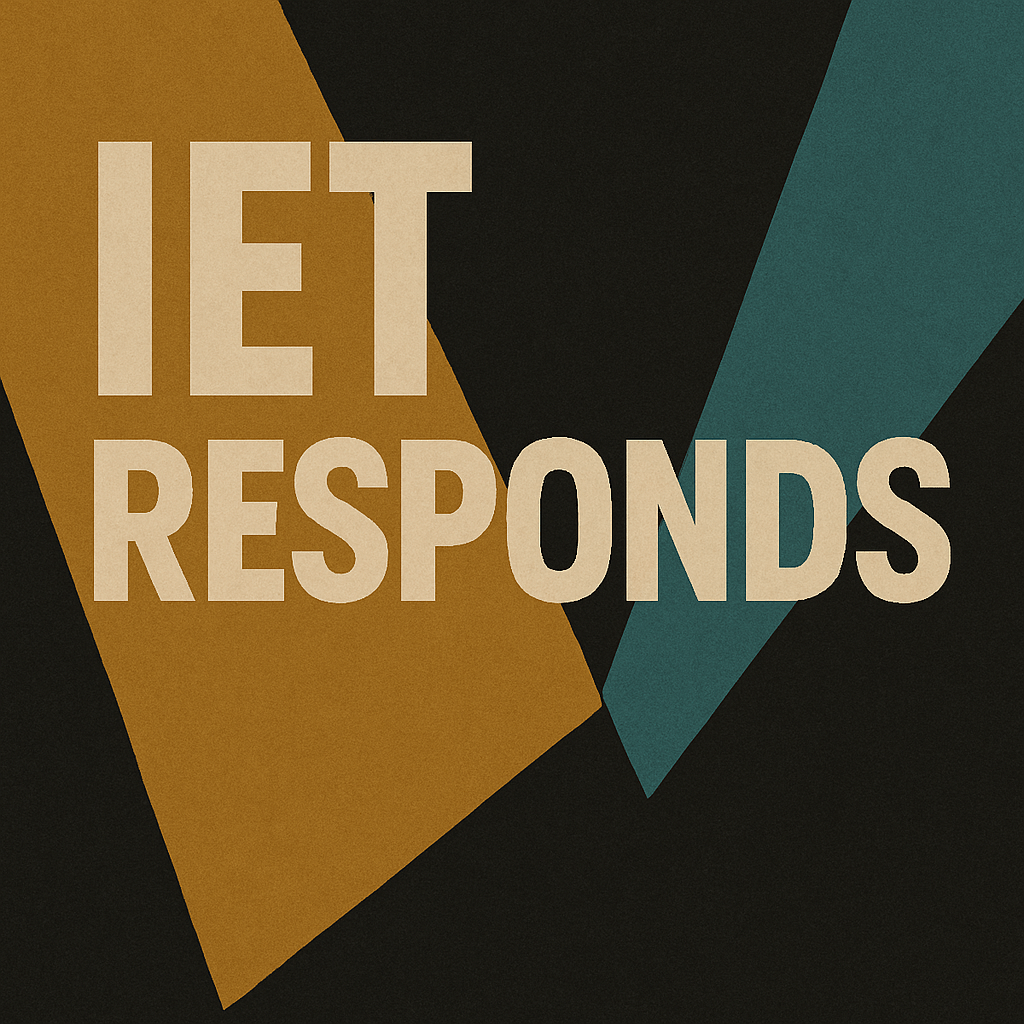Navigating influence in a new and emerging field like cyber psychology requires clarity, confidence, and strategic alignment. As a startup working at the intersection of AI ethics, human factors, and cybersecurity resilience, Psyber Inc. operates in a diverse and sometimes opaque stakeholder landscape.
Continue reading




